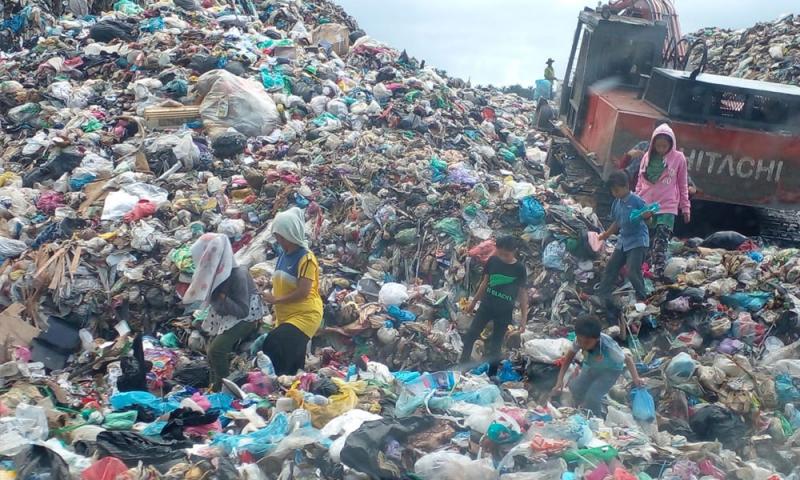LETTER | Transforming waste into resources for a sustainable future
LETTER | Transforming waste into resources for a sustainable future requires a comprehensive approach that integrates innovative technologies, community engagement, and comprehensive policies.
At the forefront of this transformation is the adoption of circular economy principles, where the traditional linear model of waste disposal is replaced by a system that prioritises recycling, reusing, and reducing waste.
Technological advancements play a vital role, with cutting-edge processes such as advanced recycling technologies and waste-to-energy solutions providing sustainable alternatives to traditional waste disposal methods.
Businesses are crucial players in this transformation redesigning products to be more easily recyclable and extending the lifespan of goods.
Community initiatives, from zero-waste programmes to upcycling projects, contribute to changing mindsets at the grassroots level.
Government regulations that control trash disposal and provide incentives for sustainable practices are equally significant.
By addressing the entire lifecycle of products, from production to disposal, and promoting a circular approach, society can gradually shift towards a future where waste is viewed not as a burden but as a valuable resource for creating a more sustainable and resilient world.
Moreover, the promotion of a culture of responsible consumption and waste management is greatly aided by education and awareness efforts.
Encouraging individuals to embrace a more mindful approach to their daily lives, from choosing eco-friendly products to proper waste sorting, contributes significantly to the overall success of waste-to-resources initiatives.
Collaborative efforts between governmental bodies, businesses and communities are essential for building the infrastructure necessary for efficient waste collection and processing.
Additionally, investing in research and development to discover new ways to repurpose and recycle diverse types of waste ensures a continuous evolution toward a more sustainable future.
Turning waste into resources is an essential step towards a sustainable future that necessitates cooperation.
Important elements of this paradigm shift include embracing the ideas of a circular economy, funding technological innovation, and encouraging community involvement.
It is crucial to understand that the path to sustainability requires a fundamental change in societal attitudes and habits in addition to technological solutions as we negotiate the difficulties associated with waste management.
We can make sure waste is no longer seen as a problem but rather as a source of potential by combining education, teamwork, and strict policies.
With these combined efforts, we open the door to a future in which trash acts as a catalyst for good change, creating a more sustainable and harmonious ecosystem.
The views expressed here are those of the author/contributor and do not necessarily represent the views of Malaysiakini.
RM12.50 / month
- Unlimited access to award-winning journalism
- Comment and share your opinions on all our articles
- Gift interesting stories to your friends
- Tax deductable
